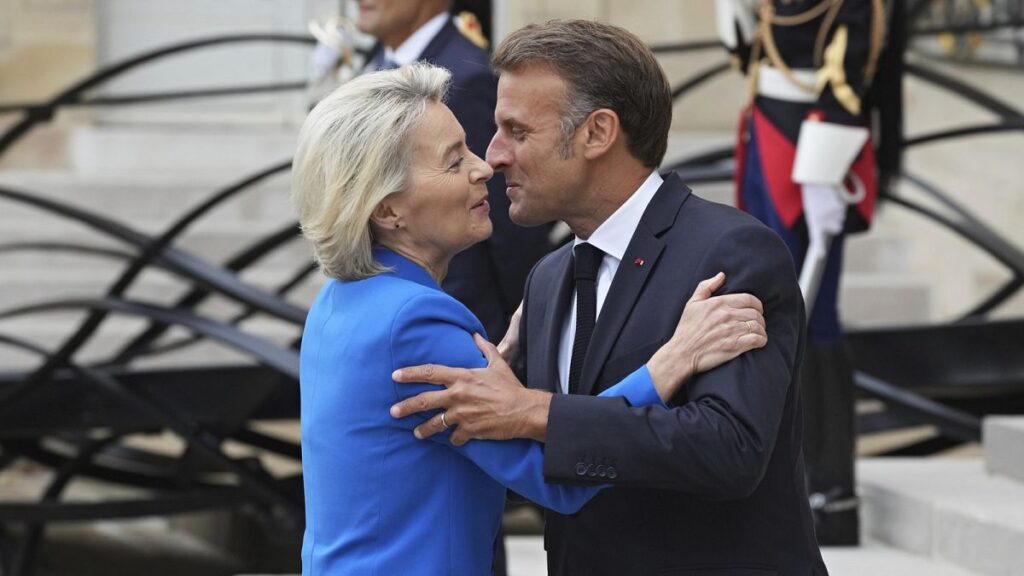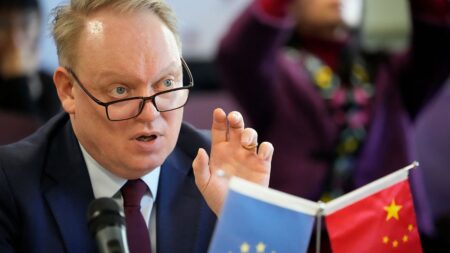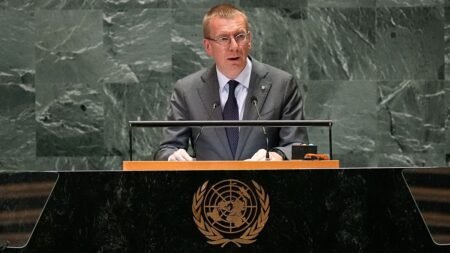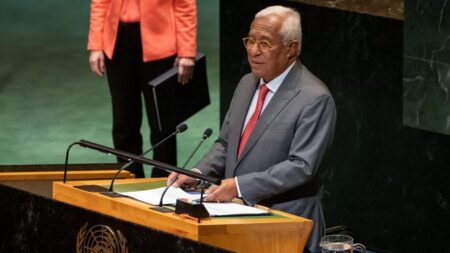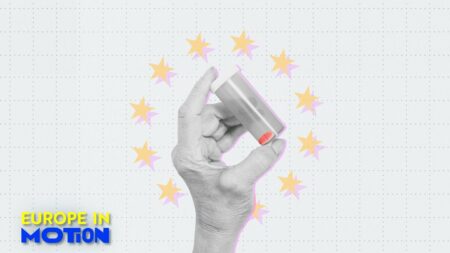Published on
The private communications of Ursula von der Leyen are once again under scrutiny.
The European Ombudsman has launched an inquiry into how the European Commission handled an external request to release a text message that French President Emmanuel Macron had sent to von der Leyen via the Signal app.
In the message, sent in January 2024, Macron is said to have voiced strong concerns about the EU-Mercosur trade deal and its potentially detrimental impact on French farmers. France is leading the minority of countries that oppose the agreement.
In May 2025, Alexander Fanta, a journalist with Follow the Money, an investigative outlet, asked the Commission to grant public access to Macron’s text.
The executive later confirmed von der Leyen had received the text but noted the content “reiterated a well-established position already communicated by France” and therefore “had no particular administrative or legal effect for the Commission”.
Additionally, the Commission explained that, following security guidelines issued in 2022, von der Leyen activated the “disappearing messages” feature of Signal. Since Macron’s text was not considered relevant enough to be archived, it was automatically deleted.
Fanta’s request for information was subsequently denied.
The journalist contested that the Commission should have preserved Macron’s message due to its effect on the negotiations of the EU-Mercosur deal, concluded in December. He then filed a complaint before the Ombudsman, which has now led to a formal inquiry.
“The Commission admits using auto-delete on VDL’s Signal messages – which means we likely won’t see any of them, ever. Which also means, nobody except the Commission gets to see and decide over whether to keep a document, let alone give access to it,” Fanta wrote on his LinkedIn account.
“That means any form of legal check, judicial review – poof – out of the window.”
On Wednesday, the Commission said it would cooperate with the Ombudsman’s office and defended the use of automatic deletion of private communications.
“On the one hand, it reduces the risk of leaks and security breaches, which, of course, is an important factor in this case. And (on the other hand), a question of space in the phone. The effective use of space in a mobile device,” a spokesperson said.
“The president at all times observed the respective rules.”
The new case bears strong resemblances to the so-called Pfizergate, which prompted a reckoning over transparency in Brussels.
During the COVID-19 pandemic, Ursula von der Leyen gave an interview to The New York Times in which she explained how she had negotiated a vaccine deal worth €2.4 billion direclty with Pfizer CEO Albert Bourla by means of text messages.
The newspaper later submitted a request for information to access those texts, arguing they were relevant to policy-making and therefore deserved to be made public.
The Commission said it could not provide the texts.
After repeated unsuccessful attempts to obtain the messages, The New York Times brought the matter before the EU’s Court of Justice.
In May, the judge ruled that the Commission had not given a “plausible explanation to justify the non-possession of the requested documents”. The executive eventually published a more detailed reasoning, but the Pfizer texts were never released.
Read the full article here







